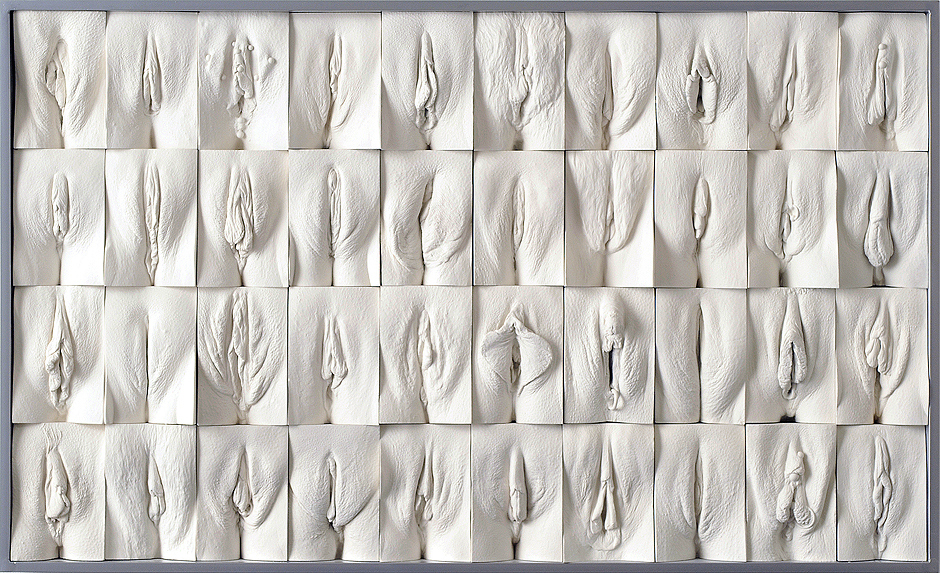Alternet reports a dramatic increase in cosmetic labiaplasty over the last several years, with some women even removing the labia minora completely in order to achieve a look known as “The Barbie.” This begs the question…umm, why??
This appears to be yet the latest trend among surgeries designed to help women achieve otherwise impossible standards of female beauty. Apparently, boob jobs and face lifts aren’t enough anymore, and some women feel that, to be seen as sexy, they need to have the vulvas of plastic dolls. It seems like another depressing symptom of our culture’s unrelentingly narrow conception of female beauty. Not to mention the fact that the doctors involved are making a pretty penny off of women’s insecurities.
According to a 2008 study in the Journal of Sexual Medicine, 32% of women who underwent the procedure did so to correct a functional impairment; 31% to correct a functional impairment and for aesthetic reasons; and 37% only for aesthetic reasons. And according to Reuters, between about 2,000 and 5,000 American women had the cosmetic labiablasties in 2011, and they appear to be gaining in popularity.
It is worth noting, however, that there is a different argument to be made. Some would suggest that of course, all women have the right to do whatever they wish with their bodies, and if cosmetic labiaplasty makes them more comfortable with their sexuality, then where is the harm? In the end, it is really the woman’s decision, and if there are women who want this surgery, do we have the right to tell them no (assuming the surgery is performed by qualified medical professionals)?
As a culture, by continuing to uphold this narrow vision of female beauty, we are causing very large numbers of women to feel insecure about their bodies. This can impact their sexuality and self-esteem, and can even lead to eating disorders. Of course, the real solution is to change our cultural assessment of beauty. But that could take some time. In the meanwhile, if cosmetic labiaplasty helps some women cope with the pressures imposed upon them by cultural “ideals,” is it really such a bad thing?
And some might argue that labiaplasty is not that different from male circumcision. But, of course, the validity of circumcision can be called into question, as well. For example, it is often suggested that many American women have a preference for men who have been circumcised, while European women do not. Of course, this is a broad generalization. But the point is, our views on what makes for an attractive vulva or penis are largely arbitrary and culturally influenced. That being the case, does it make sense to be performing any kind of genital surgery for merely cosmetic purposes?
What do you think of this new fad? Does it matter how we manipulate our bodies for cultural conformity?


